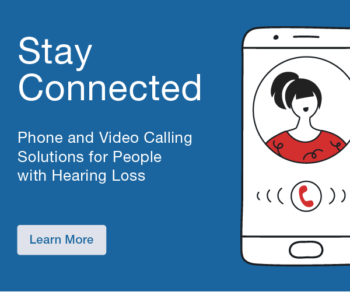Children with unilateral hearing loss often receive limited or delayed intervention compared to children with bilateral hearing loss even when identified through universal newborn hearing screening. Evidence suggests that delays in provision of amplification for children with aidable unilateral hearing loss may have consequences for the development of binaural pathways that are critical for spatial hearing and speech recognition in noise. In this presentation, I will share an audibility-based model for hearing aid candidacy for children with unilateral hearing loss that establishes the upper and lower limits of aidable hearing for children with unilateral hearing loss. Data on outcomes of children with unilateral hearing loss with amplification will be discussed, as well as implementing clinical outcome measures to assess hearing aid benefit in children with unilateral hearing loss.
Learning objectives:
- Describe an audibility-based method for hearing aid candidacy in children with unilateral hearing loss.
- Examine the primary factors that predict amplification benefit in children with unilateral hearing loss.
- Incorporate outcome measures that are sensitive to children with unilateral hearing loss in their clinical protocols.



